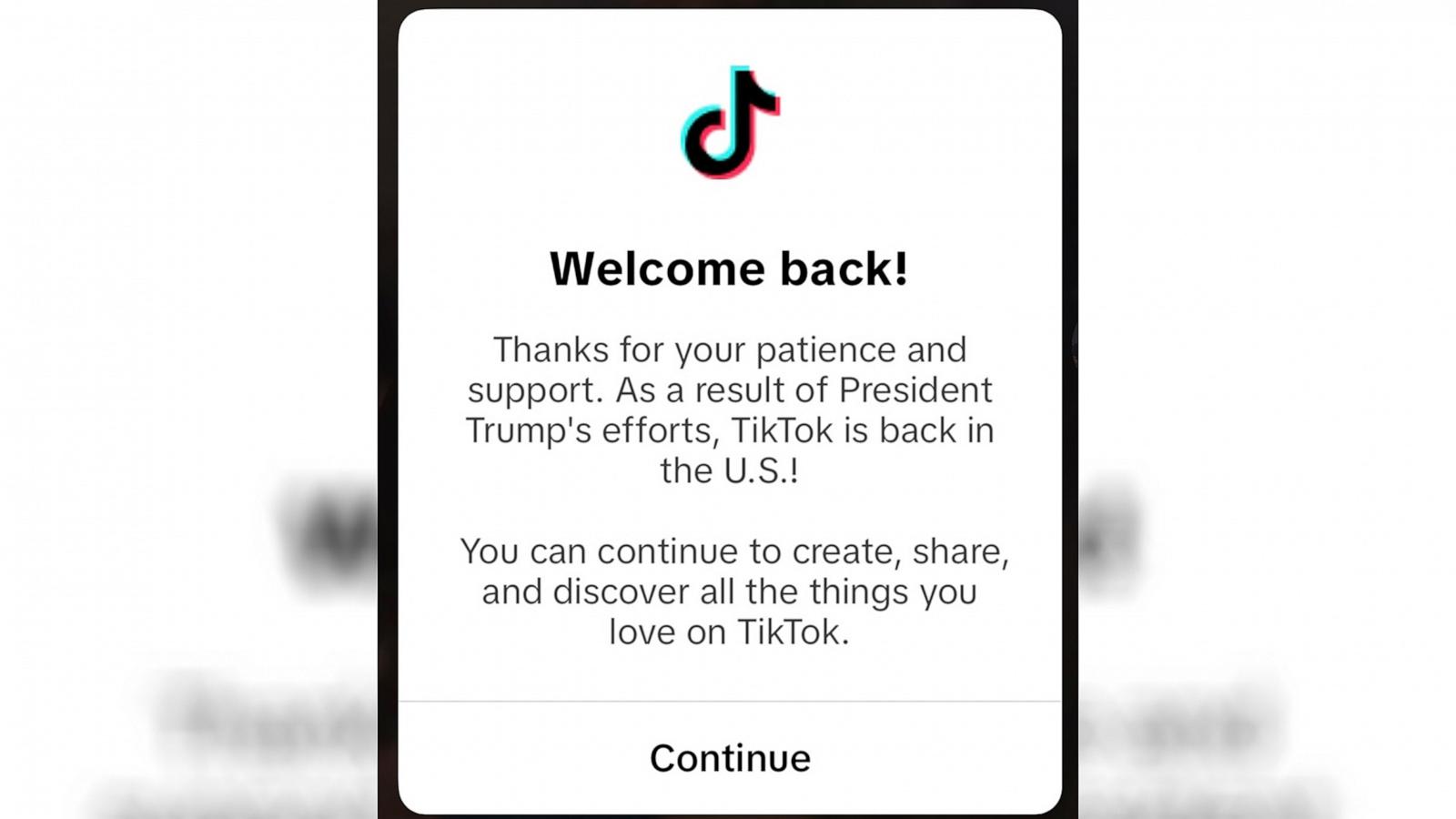President Donald Trump on Wednesday downplayed the potential threat that TikTok poses to U.S. national security, questioning whether it’s “that important for China to be spying on young people, on young kids watching crazy videos.”
The answer, according to numerous former aides, congressional allies, appointees to the Supreme Court, and even incoming members of his own administration, is a resounding yes.
National security experts have long characterized the Chinese-owned social media app’s espionage value in stark terms, framing it as a mechanism for the Chinese government to both spread propaganda and mine users’ data — claims the company has forcefully denied.
Trump’s apparent ambivalence toward TikTok puts him squarely at odds with numerous leaders who, on nearly every other matter, align themselves with him.
Elise Stefanik, Trump’s incoming ambassador to the United Nations, once blasted the app as “Communist Chinese malware that is poisoning the minds of our next generation.” William Evanina, Trump’s former Director of the National Counterterrorism Center, recently called it “one of the most successful influence and intelligence collection operations ever.”
The president’s commentary about TikTok “demonstrates that he’s still clueless about the intelligence gathering capabilities of Tik Tok and China’s ability to mine the data acquired by Tik Tok,” Charles Kupperman, a former deputy national security adviser in Trump’s first administration, told ABC News.
Lawmakers across the political spectrum voted overwhelming last year to ban the app in the U.S. if couldn’t be sold to another company, citing the risk it poses to U.S. national security. TikTok has repeatedly and forcefully denied that it operates on behalf of Beijing, and sued the U.S. after the law was passed.

When that lawsuit came before the Supreme Court earlier this month, justices typically aligned with Trump denounced TikTok as a foreign-based surveillance tool.
Justice Brett Kavanaugh, a Trump appointee, said concerns about foreign data collection on Americans were “very strong” and that there are legitimate fears the information could be used to “turn spies or blackmail people” in the future.
Trump’s own views on the app have evolved in recent years. After signaling during his first term that he would work to remove the app, Trump embraced it during his 2024 White House bid, and in December said he had a “warm spot” in his heart for the platform.
One former senior Trump aide, who asked not to be named, speculated that Trump’s pivot on TikTok could reflect TikTok’s recent flattery of his deal-making abilities.
When the app returned to service after temporarily going dark last weekend, a message to users praised Trump as the app’s potential savior. The next day, Shou Chew, TikTok’s chief executive, attended Trump’s inauguration.
On his first day in office, Trump signed an executive order to postpone the ban on TikTok for 75 days.
ABC News: Top Stories
Read the full article .


